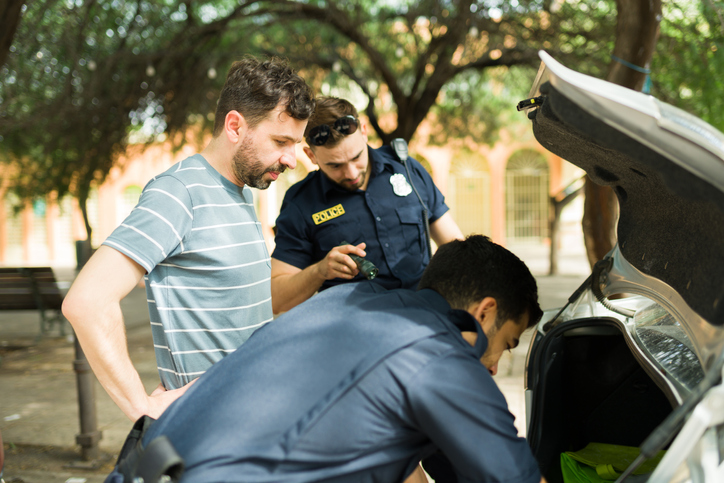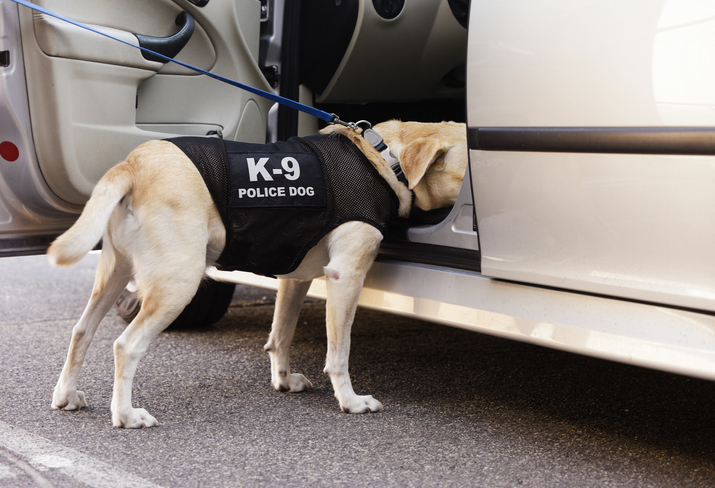
Which parts of the vehicle can the police search?
(December 28, 2022) In a previous post, we discussed search and seizure laws pertaining to automobiles. We saw how a warrantless vehicle search must meet two requirements: probable cause and mobility. But how much of the vehicle can police officers search under this rule? If they see evidence of illegal contraband (illegal substances, for example), do they have the ability to search the entire vehicle? What about bags or locked containers in the passenger compartment or trunk? Let’s take a look at what’s covered under the mobile conveyance exception – and what is not.
 Texas Injury Lawyers Blog
Texas Injury Lawyers Blog


